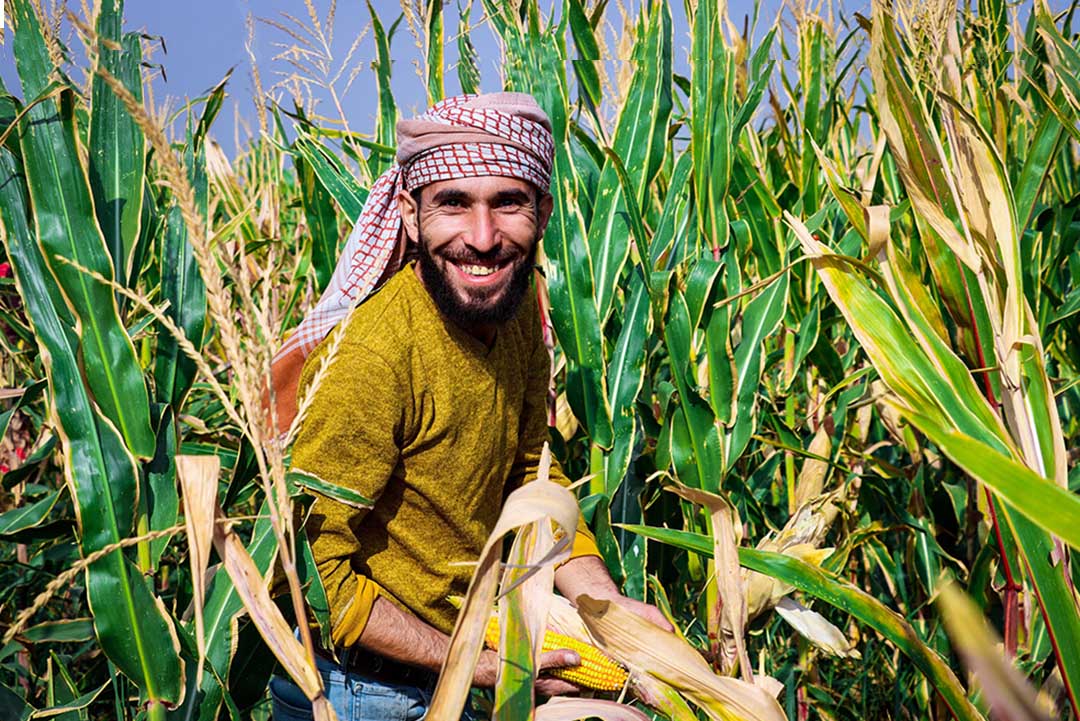The UN Economic and Social Commission for Western Asia (ESCWA) has published an overview of progress made on the 17 SDGs, 169 targets, and 231 indicators in the Arab region. While there is “increasing commitment” to achieving the SDGs, the report recognizes the “exogenous and endogenous” obstacles to the 2030 Agenda for Sustainable Development, including the data gap that stands in the way of sound and reliable assessment of progress.
Titled, ‘Progress Towards the Sustainable Development Goals in the Arab Region,’ the report highlights the many challenges faced by the Arab region, including instability and conflict, the COVID-19 pandemic, climate change, and increasing inequalities. These obstacles, it emphasizes, have slowed down progress on the SDGs across all countries – but to different levels of severity.
The assessment shows that while the region managed to reverse the backward trends on some of the SDGs, at the current rate of progress, it will require “an estimated additional period of 60 years” to meet the Goals. The report identifies areas where emphasis should be placed over the next years to help countries achieve the 2030 Agenda.
The report underscores that actions need to be tailored to reflect a country’s specific constraints, conditions, and opportunities. It notes that “Arab countries must adopt effective policies that foster the implementation of SDGs and initiate national statistical strategies to close data gaps critical for effective monitoring.” Despite data availability in the Arab region having nearly doubled since 2020, 35% of SDG indicators remain without data.
The assessment covers progress in the Arab region as a whole as well as in four of its subregions that comprise 22 countries:
- Gulf Cooperation Council (GCC) countries: Bahrain, Kuwait, Oman, Qatar, Saudi Arabia, and United Arab Emirates (UAE);
- Mashreq countries: Egypt, Iraq, Jordan, Lebanon, State of Palestine, and Syria;
- Maghreb countries: Algeria, Libya, Morocco, and Tunisia; and
- Arab least developed countries (LDCs): Comoros, Djibouti, Mauritania, Somalia, the Sudan, and Yemen.
Two subregions – the GCC and the Maghreb countries – show strong progress in several SDGs. For example, the GCC subregion is projected to meet the 2030 targets in five Goals: SDG 1 (no poverty); SDG 2 (zero hunger); SDG 3 (good health and well-being); SDG 4 (quality education); and SDG 6 (clean water and sanitation). However, the subregion faces a significant data gap, preventing effective monitoring of progress on seven SDGs.
Almost all Arab LDCs have been dealing with data collection challenges, according to the report, which leads to potentially misleading projections.
The progress report was released on 4 March. Its findings support the discussions at the 2024 Arab Regional Forum on Sustainable Development (RFSD), which convenes from 5-7 March. The Arab RFSD is one of five RFSDs whose outcomes contribute to the July session of the UN High-level Political Forum on Sustainable Development (HLPF). [Publication: Progress Towards the Sustainable Development Goals in the Arab Region] [Publication Landing Page]


